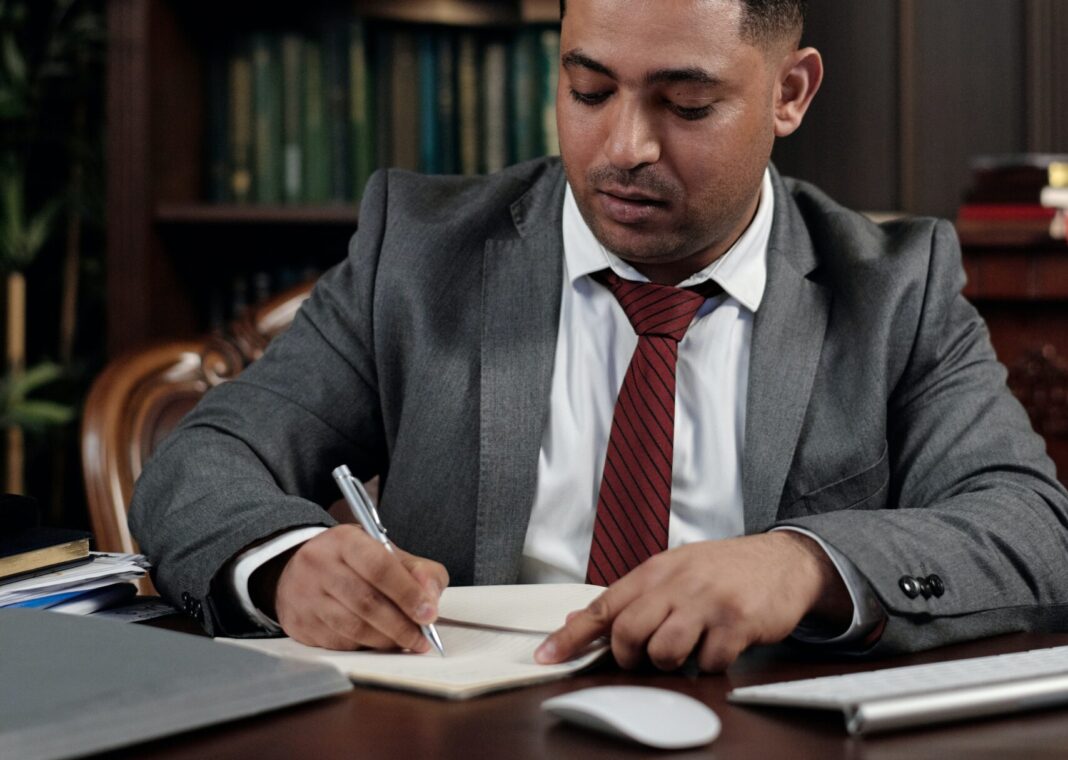BANK LEVY
A bank levy is a type of taxation system on financial institutions. This is where banks are required to pay a higher amount of government taxes than other corporate taxes. Aside from that, this also refers to a frozen bank account due to a legal process filed by a creditor to ask a debtor to pay his debt.
All of the amounts of funds deposited in the banks are calculated to maintain discipline and avoid outlandish expenses or rewards. This will prevent a credit crisis as a bank levy is in control of activities in the bank. Moreover, a bank levy will only be possible after the creditor has filed and received the court judgment. The bank account of the debtor will be frozen until he has paid his debt in full. A creditor may also make as many requests as necessary until the debt is successfully paid.
Specifically, there is a need for the creditor to look for the bank account of the debtor. There will be a legal proceeding called the Debtor’s Examination, wherein he will be asked about specific information on their bank account/s. The creditor will then receive a Writ of Execution or the court order that contains the instructions regarding the process of seizing the properties of the debtor. Moreover, there is also a need for the creditor to hire a process server in order to have access to the files in the local police office. This will also allow the creditor to have a copy of the important documents needed for the bank levy to proceed. Ten days are given to the debtor to oppose the levying of his bank account.
Aside from personal unpaid debts, it is also possible to be bank levied because of unpaid taxes. However, one must remember that there are types of accounts that cannot be levied, such as Social and Supplemental Security. Debtors owing money to the federal government won’t have the same protection as those who owed private creditors.
Bank levy is usually used by IRS or Internal Revenue Service and by DoEd or Department of Education. For private creditors who wish to use this, they have to file a court order in order to proceed with the legal process.
OTHER METHODS OF COLLECTING A DEBT
Aside from levying a bank account to collect a debt, it is also possible to collect or have access to assets that are believed to have a large sum of cash. Here are some ways to pay the creditor aside from levying your bank account:
Wages
The creditor can take or levy a portion of the debtor’s wages, which is called wage garnishment. Creditors need to have proper legal documents from the court before they can garnish your wages. Federal and state laws will determine the maximum amount garnished from your wages. It is often around 25% of your wages but may still vary depending on the type of debt and the law.
Real Property
Mortgage creditors may also force the debtor to sell real property as a payment for the amount of debt. A foreclosure sale is the forced sale of real property. They can also get a lien on your home and get paid when you sell it.
Personal Property
A writ of execution can also be obtained by the creditors from a court, which will allow them to seize your personal properties. It authorizes public officials to go to your home or business to seize your assets like cash registers, boats, cars, and jewelry. They can also be sold in a public auction, and the proceeds will go towards the debt as a payment. This is called the “writ of entry” by the IRS.
BANK LEVY ATTORNEY IN CALIFORNIA
Moreover, there are instances where a debtor is allowed to argue to prevent the levy or just reduce the amount that needs to be paid. You might want to ask for the professional help from trusted attorneys.
There is a firm focused on tax relief issues experienced by individuals and businesses nationwide. Since opening in 2008, they have been offering high quality services for their clients using their expertise in technical tax. They have experience with one of their clients who saved 93 percent of back taxes after filing an Offer in Compromise.
There are instances where tax laws have been changing, so guidance and advice from professionals may help you be knowledgeable on the different collection processes of the IRS as well as the State Taxing Agency. The firm specifically focuses on how to file a tax return, what to do when you receive a tax levy or experience other tax issues. If you are facing one of these challenges, you might want to call them as they offer a free consultation.
They are a group of resolution specialists, attorneys, accountants, and enrolled agents. Here is what they advise you to do when you owe the IRS back taxes. They expect that they will be able to issue an IRS Bank Levy in order to collect any back taxes successfully. They can seize money from your bank account, or they could form a wage garnishment letter that orders your employer to take money out of your paycheck to directly send to the IRS. What you can do is be knowledgeable about LT! Notice of Intent to Levy, which tells you about your rights. You may file a Request for Collection Due Process (CDP) Hearing. A scheduled appointment for the CDP hearing will be scheduled. This will help you make sure that the IRS collection guidelines and procedures are correctly followed.Moreover, you need to contact the Internal Revenue Service (IRS) within the 21-day hold of your bank account to notify them about any possible errors or to resolve the tax issue. However, if you are having a hard time paying your tax issue, you may show the IRS some proof then you might be released from a full bank levy in California. They will be freezing half of the amount in your bank.
Another process that they advise the clients is a settlement. They will have to check if you are qualified for an Offer in Compromise in IRS, for a partial payment plan, if you are in a CNC status or Non-Collectable, or if you are qualified for an installment agreement. They also help their clients in finding the most appropriate plan for their situation. Having a potentially strong case has a major role in determining the success of resolving the tax issue. However, they will honestly tell you about the situation and will look for the best possible solution suitable for you as the client.
You might want to consult with Coast One Tax Services, Inc. They offer free consultation along with their professional tax lawyers, and then they will conduct an analysis of your situation or tax issue in order to come up with the most effective plan to resolve the problem. They are committed to providing their clients with the best strategies to lessen and solve back taxes without major stress and hassle.
You may contact and get to know about their specific and detailed services on their website: coastonetaxgroup.com or call 1-800-901-0885.








